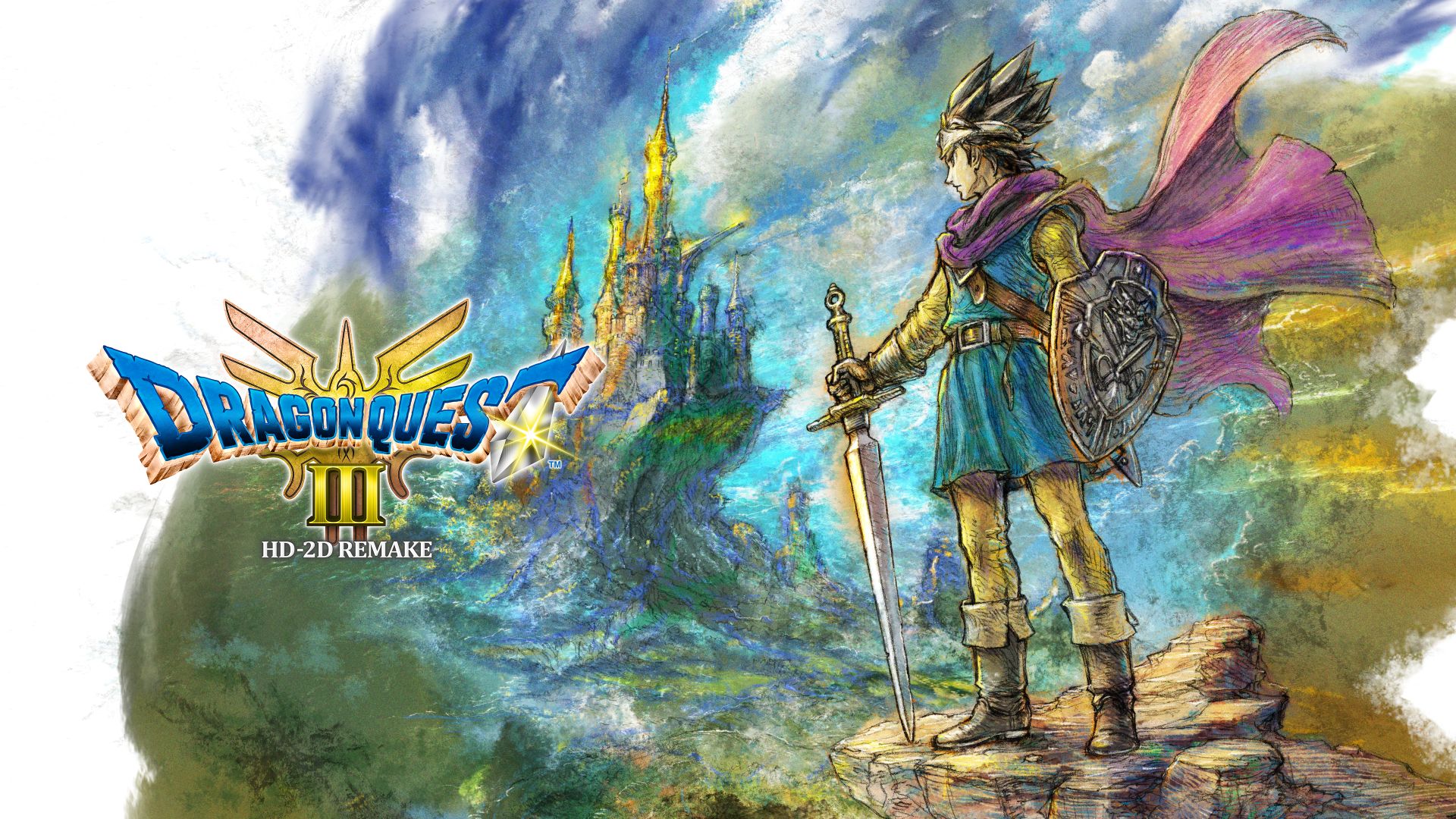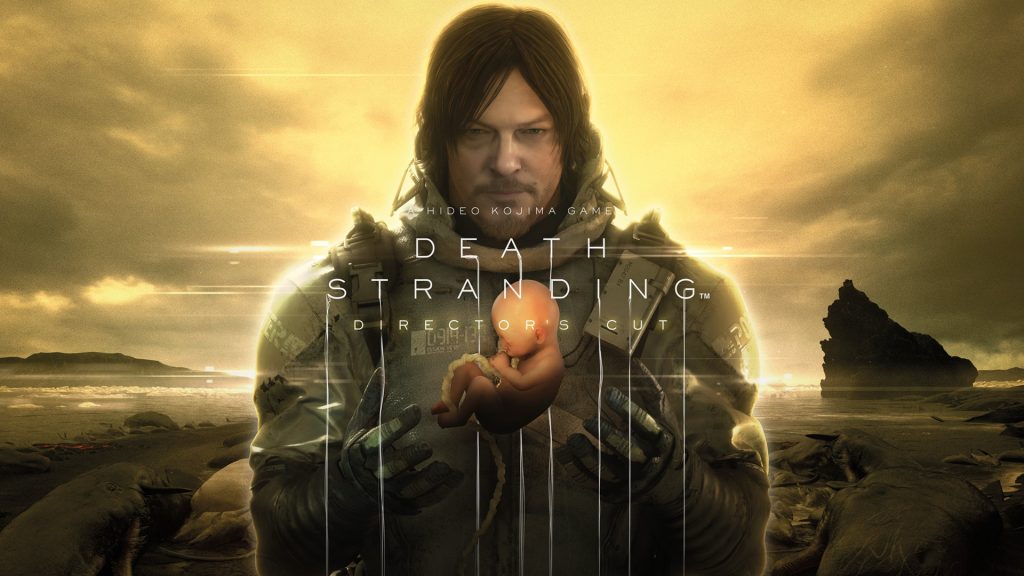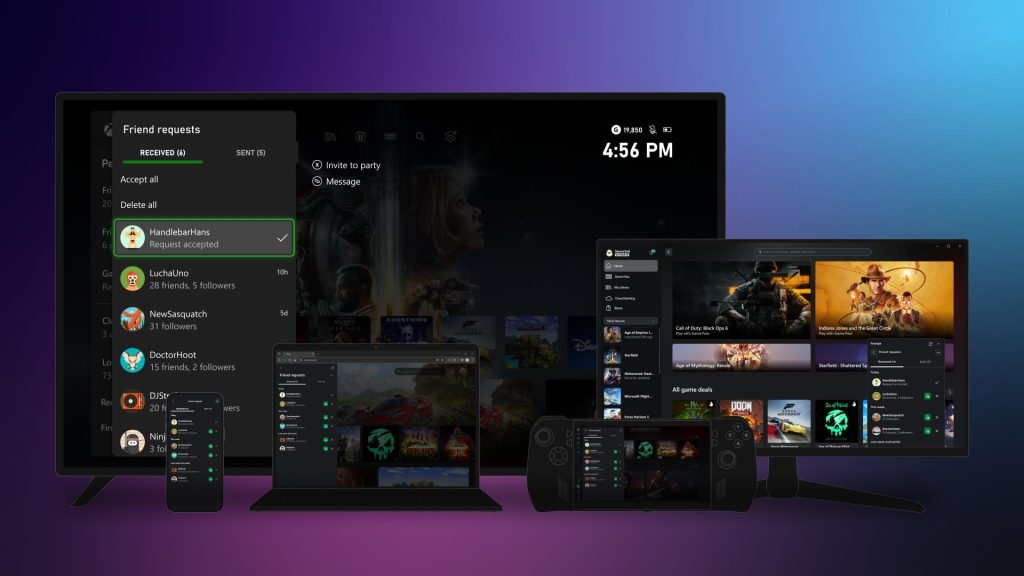Alongside epic battles and intense shootouts, the Battlefield series has built an incredible reputation for delivering a premium audio experience. From accurately reproducing gunfire to the crunch of gravel under your boots, it’s one of the most intense gaming experiences you can play today – I recommend getting good headphones while you play if you haven’t already.
Its soundtrack has also become known to the players, and its “Battlefield theme” always seems to me to find a way to live rent-free with each new iteration. Battlefield 2042However, ‘s soundtrack feels like a production on a level we’ve never heard before – and honestly I think it’s great. There’s this physical, rough texture that runs through each track, adding to the chaos of the on-screen battle like never before.
To find out more about his composition and his unique arrangements, we met with Hildur Guðnadóttir and Sam Slater, the composers of Battlefield 2042 Soundtrack to learn more about the work that went into one of the best video game scores of the year.
One of the things that I appreciate about the Battlefield 2042 The soundtrack is that you can practically feel the music: it’s very metallic, organic and even harsh – my mind conjures up images of rusted metal drums, coarse sand and the texture of a bass guitar on several tracks. How did you come up with this “texture” when you sat down to compose the game’s soundtrack?
When discussing the sound palette for Battlefield 2042 We asked ourselves, “What kind of world is being built?” The world of the game is futuristic, but that future is so close to our current world that the sound has to feel rooted in our current reality. That meant no laser cannons and shiny synthesizers and no nostalgic orchestras to romanticize the player and distance them from such a brutal world.
Because we wanted the music to feel fully rooted in the physical environment of the game itself, Hildur and I quickly hit upon the idea of bringing the physical environment itself to life and adding to the chaos of the physical environment in the player’s ears.
How did you like the process of composing a soundtrack for a game versus working on a movie? Were there any aspects that turned out to be more difficult or less challenging than you expected?
Working on a game was a deeply enjoyable experience. Most of the time, the visuals of a film are locked and the music is added towards the end, leaving less room for the visual and auditory landscapes to interweave. They can be symbiotic, as we hope our most recent project “Chernobyl” was, but often our eyes and ears coexist. With a game, we don’t see the final graphics until it’s finished, so we are constantly working with ideas, concepts and impressions of the emerging worlds. This creates immense dialogue and collaboration between audio and graphics, and allows one to truly explore the potential for the boundaries between music, sound effects, and the visual world to collapse into a single, living environment. That being said, it’s difficult to create this cohesion! It took us 18 months to achieve this result.
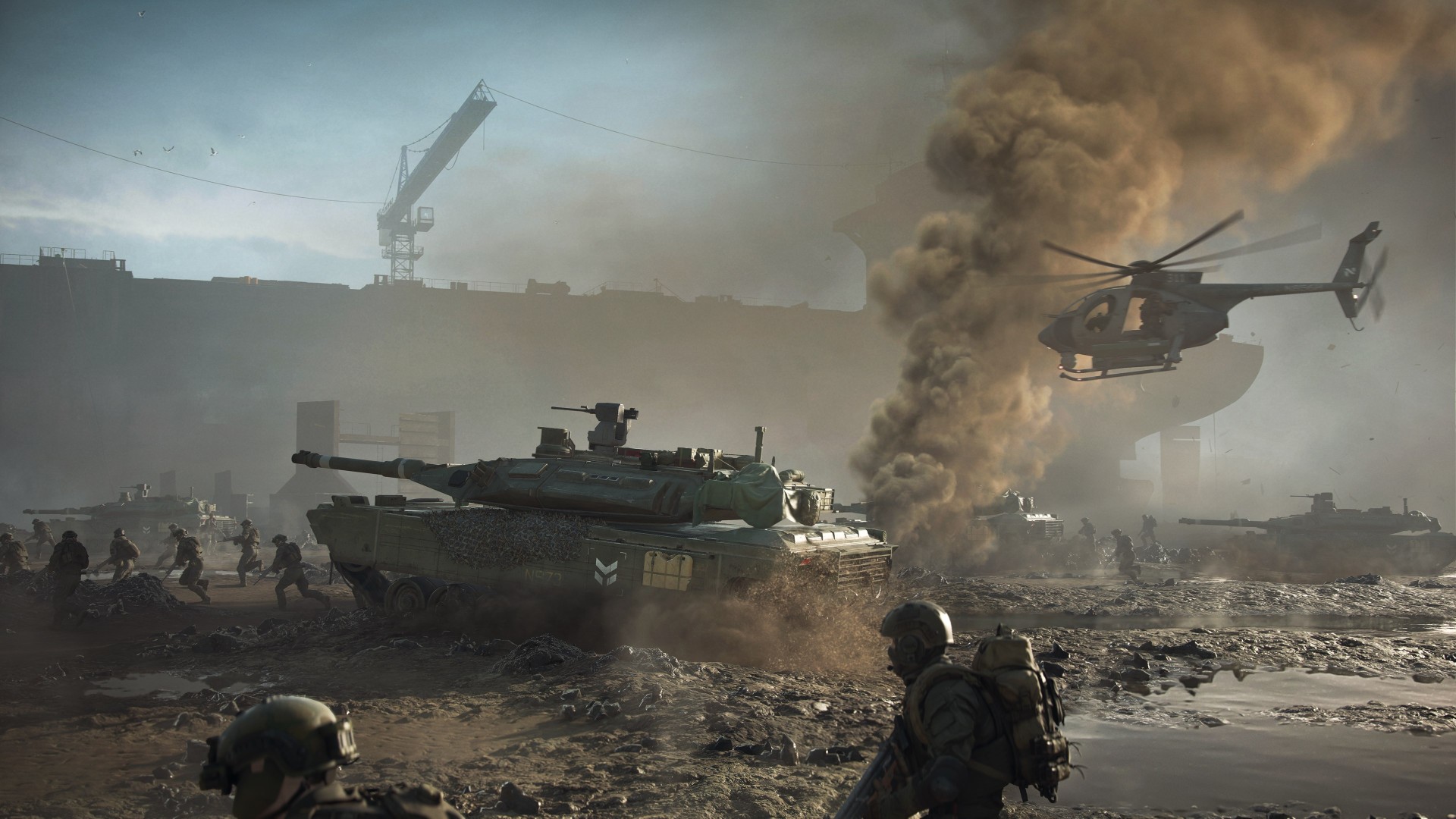
Your work on the soundtrack of “Chernobyl” is fascinating in that you created sounds from a real nuclear power plant in the composition. To be that Battlefield 2042 has no “physical” space in that sense, could you tell us how you discovered the soundscape for the game? How was this creative process?
We looked at the materials on the cards ourselves and used key materials in each location to back up the sounds we were creating. When the environment was mostly sand and glass, we made instruments and procedures that used those materials. In this case, it could be a feedback speaker cone covered in sand, or the highest frequencies of broken glass could be used to create rhythmic sounds.
One of my favorite examples of this is the sound at the beginning of “Wet Bulb,” a track based on the music on a card called Renewal. The map offers an interesting dialogue between lush green spaces and very arid arid areas with an existing power generator for molten salt. We wondered how we could sonically dry sounds and played recordings of moving sand through a plate reverb to create “wet sand” and then used algorithmic reverb removal to remove the reverb from the sound. The result is a very strange dry sound that doesn’t sound like the original file, but forms a very interesting sonic basis for such a dry, dry, dry map!
How was the collaboration with the DICE and EA development team during this process? Did you have an idea how the game should sound or did you have full creative freedom to explore this space and come back with your ideas?
Our collaboration lasted 18 months and was incredibly exploratory, with DICE and EA being incredibly supportive and encouraging. When we all originally discussed doing the score together, the word that was strong was “disturbing.” Steve Schnur, Head of Music at EA, said he wanted a score like no other, and this has been confirmed by the DICE team. They really encouraged us to go as far as possible with the ideas as they thought it would be a real missed opportunity to play it safe considering how strong the game is.
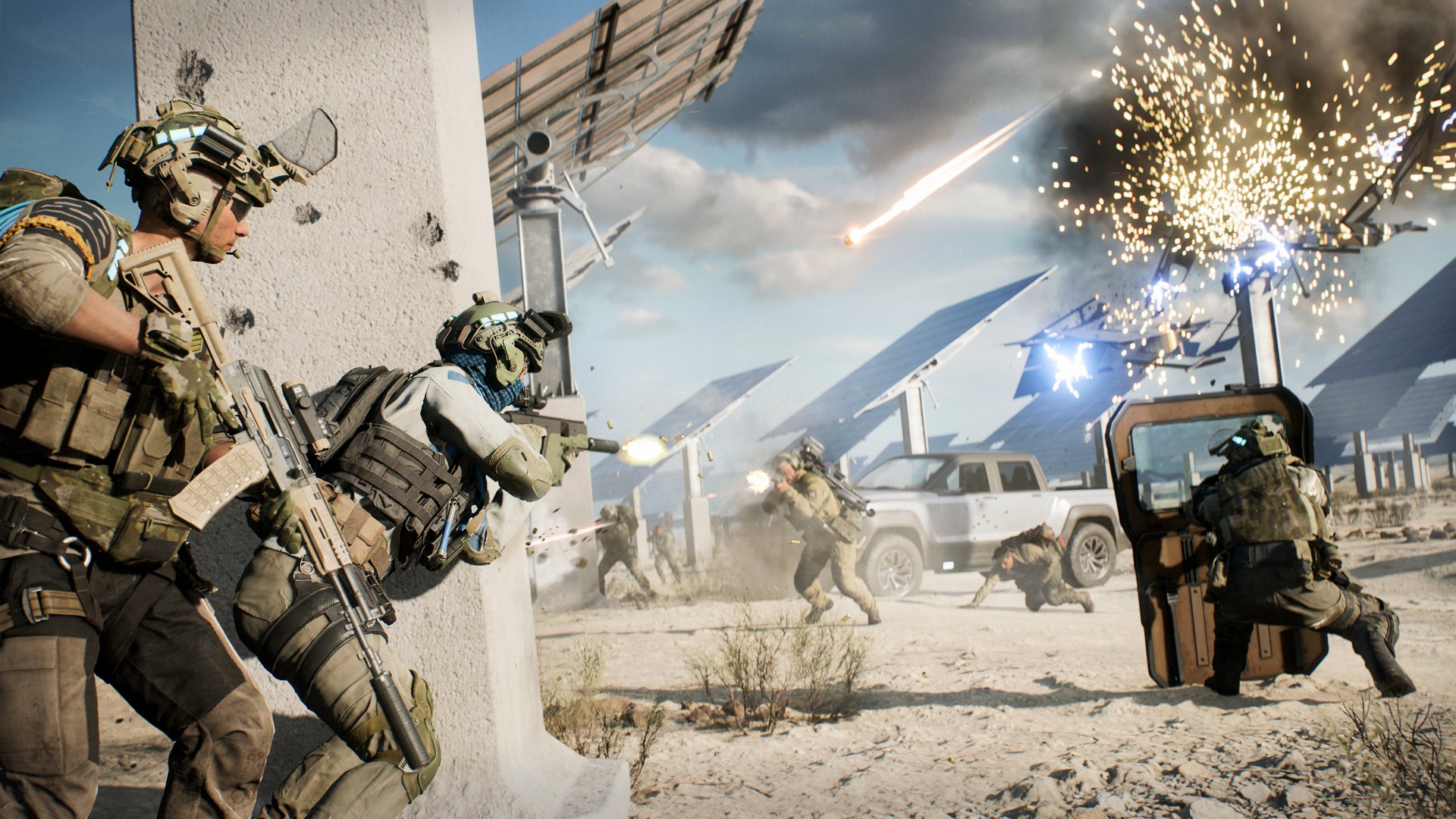
Hildur and I have great respect for the previous scores from Battlefield and we entered the project knowing that the players are expected to do the work of the previous games justice, while at the same time wanting to steer the soundscape in a different direction. During weeks of conceptual discussions about what we could do to bring the environments to life, with EA and DICE in every meeting, the phrase “we can’t do this” was never uttered! We started collecting Sounds with an immense amount of support and knowledge from everyone involved, and hopefully the result will be satisfying for die-hard Battlefield fans as well as challenging and exciting for everyone.
The iconic Battlefield theme for Battlefield 2042 It feels like it has been taken apart and put back together using the toughest tools in the world – I think the result is amazing and every time I hear it I find myself listening to some of those specific musical cues that i know and love. When composing this theme for Battlefield 2042, How did you know when you had the ideal balance of sound you hoped for while paying respect to the legacy of this piece of music?
This was one of the real challenges of the scoring process as the original tune is something that millions of people know and love. We wanted to respect this topic and yet not let it stand out in the world we created. Finding that balance took a lot of playing around and experimenting to find out what made the original song so tough. Our theme rests on the thundering bass of a DIY instrument proudly dubbed a “power plank,” and the saturated echoes of the Battlefield 2042
When someone hears the soundtrack for Battlefield 2042What do you hope they will gain from the experience? What should you feel?
For us the world is from Battlefield 2042 is a strange mixture of chaos and hope. The maps are always a balance between crumbling, man-made structures, chaotic weather systems and people fighting in the middle who are responsible for their surroundings. We hope the player feels excited and empowered, but also feels like the worlds they’re playing in are out of control.
Thanks to Hildur Guðnadóttir and Sam Slater for taking the time to share your creative process behind one of our most popular video game scores of the year. Battlefield 2042 is available now in the Xbox Store for Xbox One and Xbox Series X | S. Stay up to date here on Xbox Wire for the latest news and features on your favorite Xbox games.
(Photos courtesy of Camille Blake)


